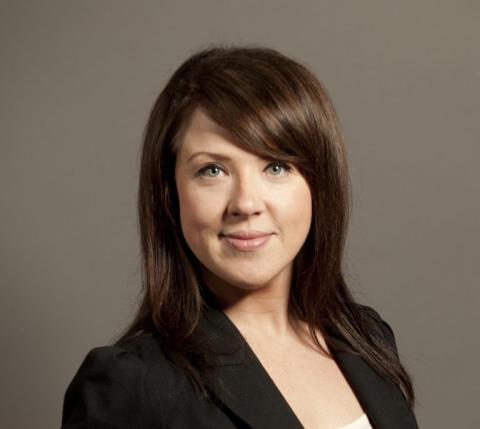Debates in legal education reform persist in the face of an ever-changing practice landscape marked by steadfast globalization and unrelenting change. Confronted with increased tuition, shrinking labour markets, and shifting societal pressures, law schools are being called upon to adapt in order to offer the skills students need to meet the changing realities of legal practice. The big questions the Canadian legal community continues to ask about legal education are: what practice needs and objectives should reform measures prioritize, how can law school programs best meet those needs, and what role should clinical education play?
Magda’s doctoral research wades into these discussions by exploring and promoting ways of teaching law that cultivate in law students an ethic of practicing reflectively and compassionately in the roles they assume after law school. Specifically, her work examines the suitability of experiential teaching and learning approaches in general, and clinical programs in particular, in supporting legal practitioners whose professional identity and habits integrate reflective and compassion-oriented practice. Magda seeks to explore these questions through a qualitative study of graduates from multiple Canadian law schools. Her research is grounded in theoretical, practical, and critical lines of enquiry that include social science and socio-legal based theories of professional identity formation, moral development, and experiential teaching and learning methods and clinical pedagogies. Her work thus responds to the call in Canadian scholarship for more theoretically and empirically driven research and studies on legal education reform in Canada.
Magda’s research was inspired to some extent by her reflections on how her own legal education has shaped her career path, professional identity and practices. After law school, she articled and practiced labour and employment law for five years in Vancouver before deciding to leave practice in pursuit of an academic career. Her choice to chart a new career path took much deliberation about what impact she wanted to make through her work. She also found herself wondering what career paths her law school peers have followed, how their experiences in law school have shaped their professional attitudes and identities, career options and choices, and their approaches to their work. It was out of this curiosity that the idea for her research was originally born.
Magda’s work outside of her PhD program also reflects her interest in teaching and learning and higher education. Since 2014, she has worked as a Graduate Student Facilitator and Trainer at the UBC Centre for Teaching, Learning and Technology (CTLT), where she facilitates Instructional Skills Workshops, the CTLT Certificate Program in Advanced Teaching and Learning, and other training sessions in support of teaching and learning at UBC. Earlier this year, a chapter she co-authored titled “Human Rights Issues in Postsecondary Education” was published in a volume on post-secondary education law from McGill-Queen’s University Press. She has also worked as a teaching assistant at Allard and received a Killam Graduate Teaching Assistant Award in 2015 for her contributions. As part of the graduate community at Allard, she has served on the Graduate Law Students’ Society Executive since 2014, and in 2014-15, she served as Chairperson of the organizing committee for the 20th Annual UBC Interdisciplinary Legal Studies Graduate Student Conference.
Awards Magda has received for her research to date include an Allard School of Law Graduate Award, a UBC Four-Year Doctoral Fellowship, and most recently, a SSHRC Canada Graduate Scholarship. Magda says that she is deeply grateful for the guidance and encouragement of her supervisor, Professor Michelle LeBaron, as well as for the support of the law school and Graduate Program staff.




